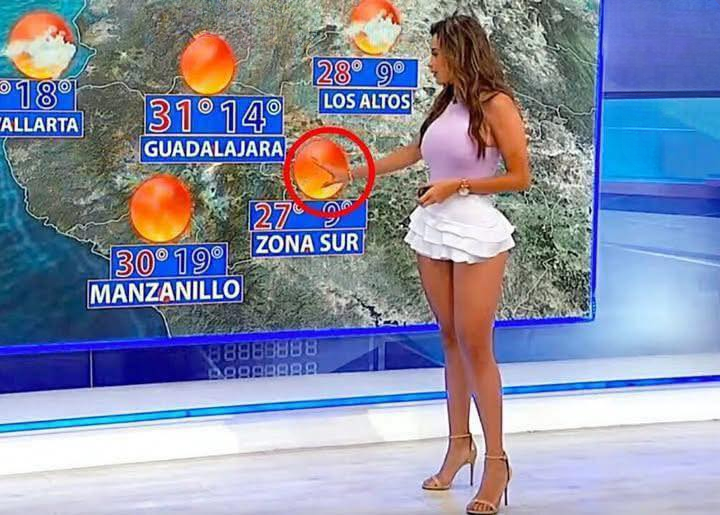Live television has always held a special place in the world of media. Unlike pre-recorded shows that can be edited to perfection, live broadcasts deliver information and entertainment as it unfolds. This immediacy brings a unique kind of excitement — a sense that anything might happen at any moment. But with this unpredictability comes the risk of mistakes. Over the decades, some of the most unforgettable moments in television history weren’t carefully scripted reports or groundbreaking news stories. They were unplanned bloopers that slipped past rehearsals and landed right on the screen in front of millions of viewers.
These unscripted slip-ups remind us that behind the bright lights, professional attire, and polished delivery, anchors, reporters, and crew members are human too. They laugh, stumble over words, misread lines, and sometimes face situations that no amount of training could prepare them for. And for audiences, those moments often become highlights — shared, replayed, and remembered for years to come.
Why Audiences Love TV Bloopers
One of the biggest reasons viewers adore live television mistakes is their authenticity. On a typical broadcast, anchors and correspondents project confidence, accuracy, and professionalism. Their job is to appear calm and composed under pressure, guiding the audience through both routine updates and breaking news.
But when something goes wrong — a technical glitch, a slip of the tongue, or an unexpected interruption — the carefully polished surface suddenly cracks. That brief glimpse of humanity creates a bond with viewers. It’s relatable. After all, everyone makes mistakes at work. The difference is that most people don’t have their slip-ups broadcast to thousands, or even millions, of people.
These moments often spread quickly because they provide something rare in modern media: spontaneity. In an era where much content is edited, curated, and filtered, live TV bloopers stand out precisely because they are unplanned and genuine. They remind us that real life doesn’t follow a script.
